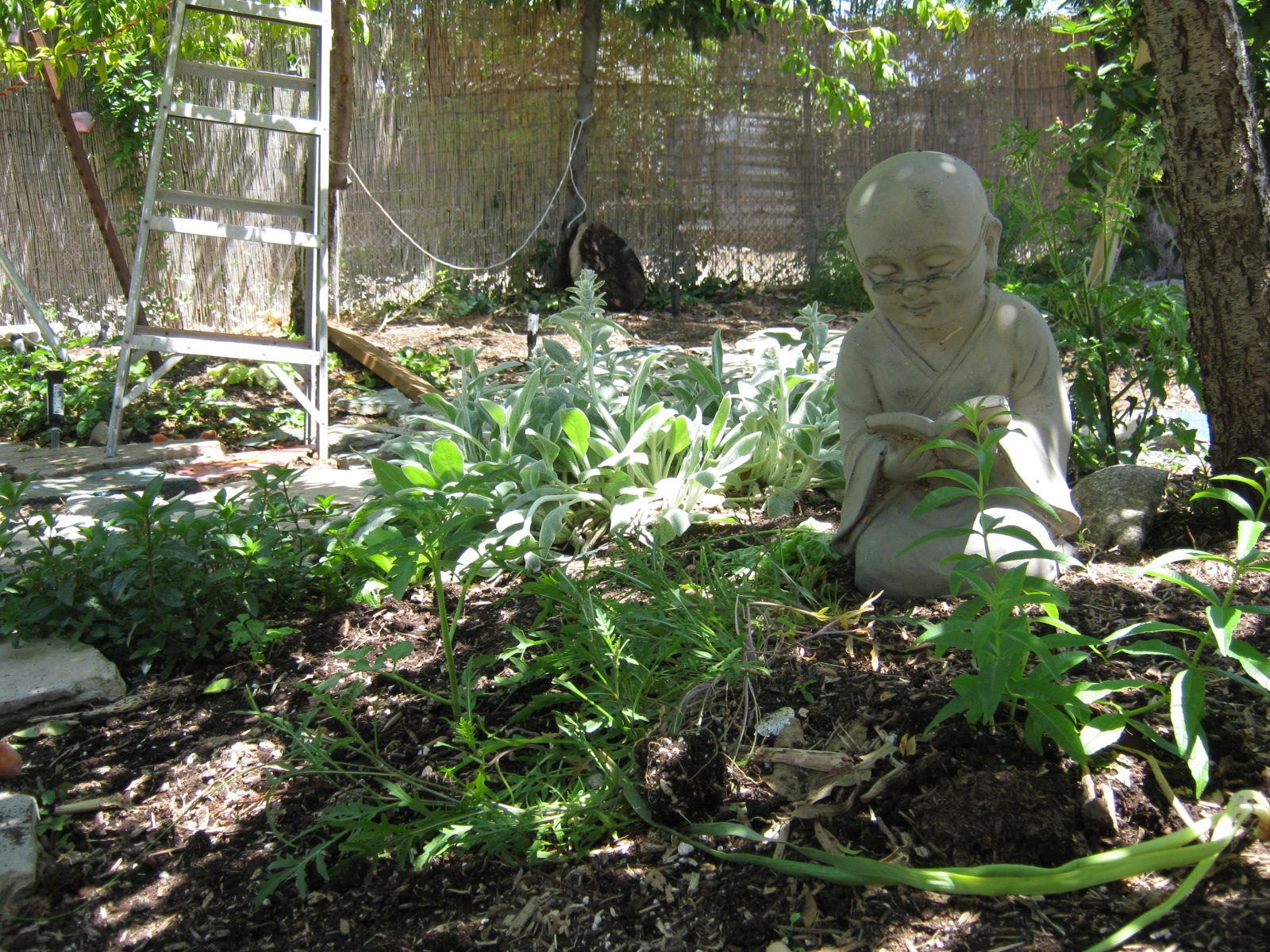
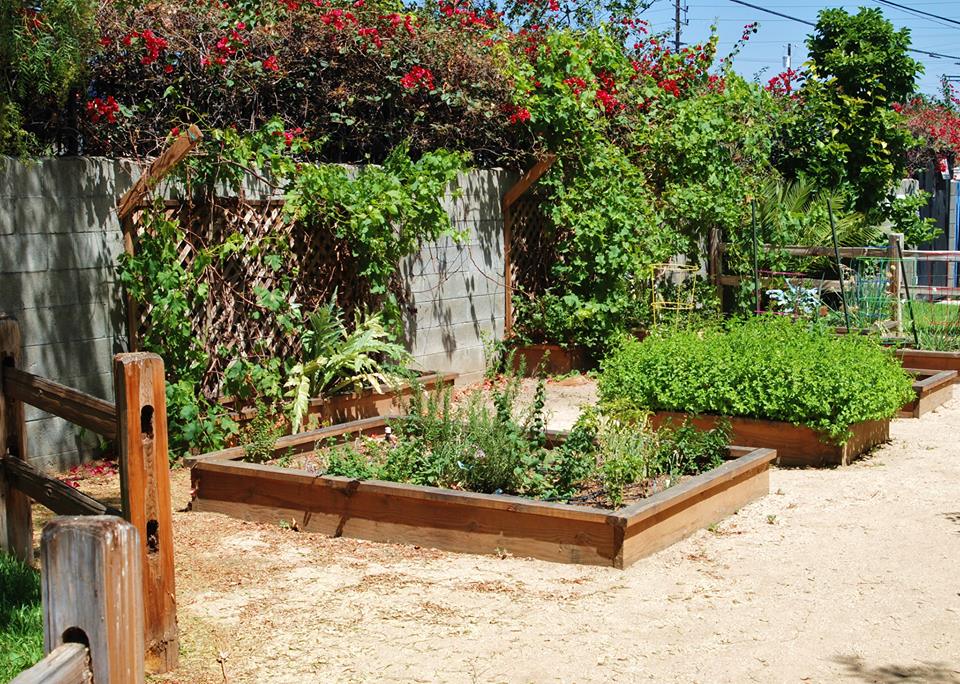
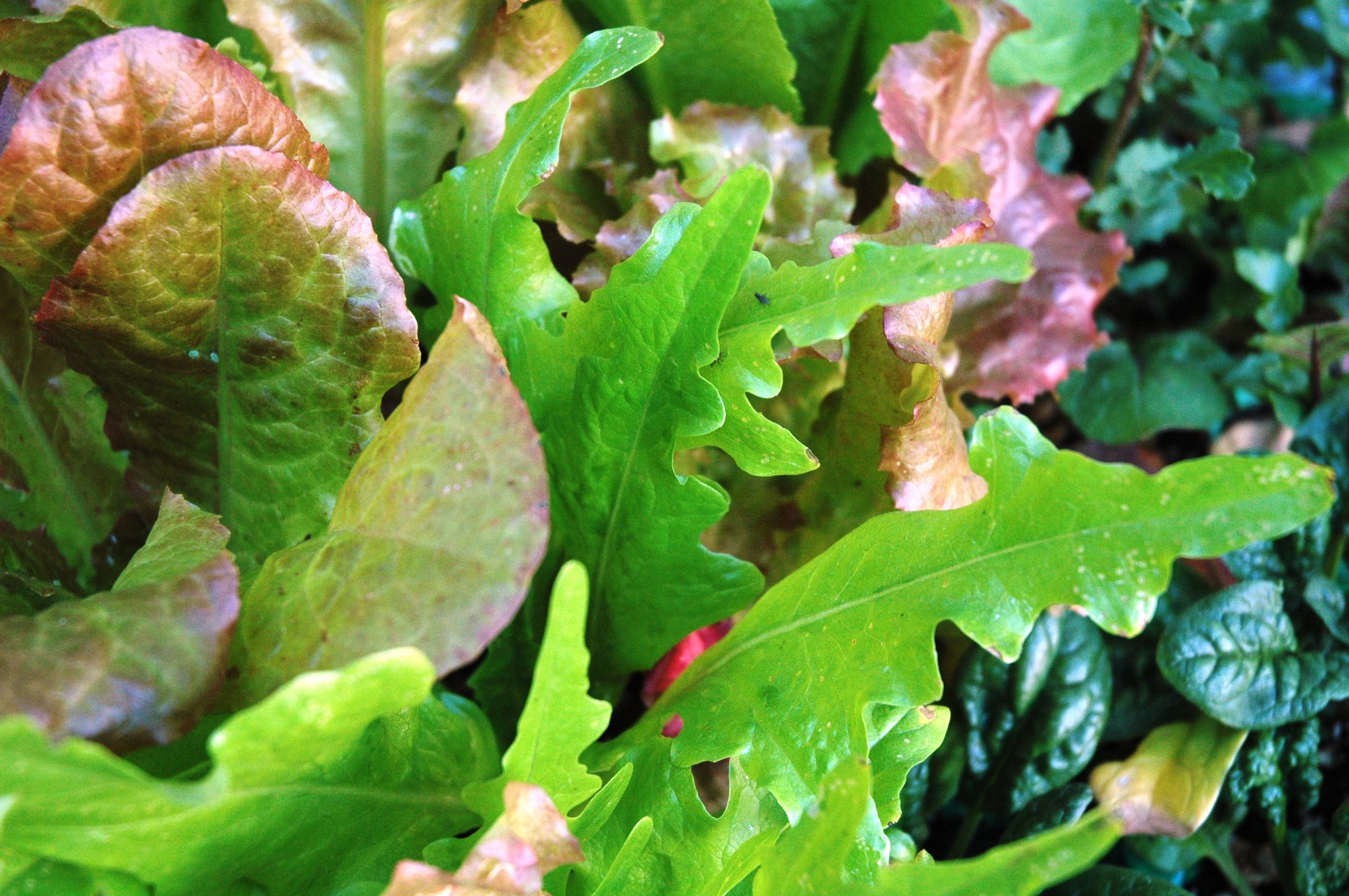
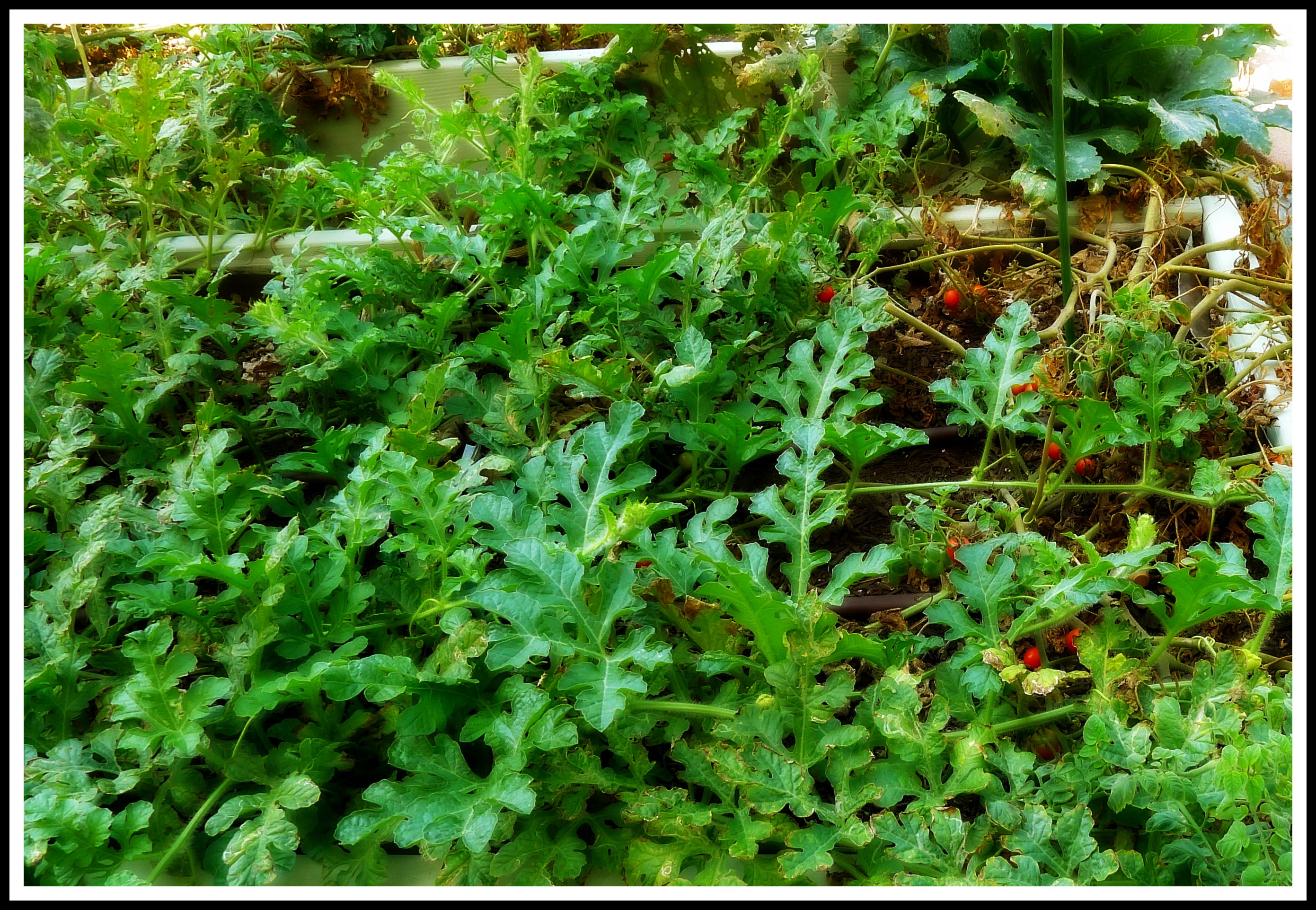
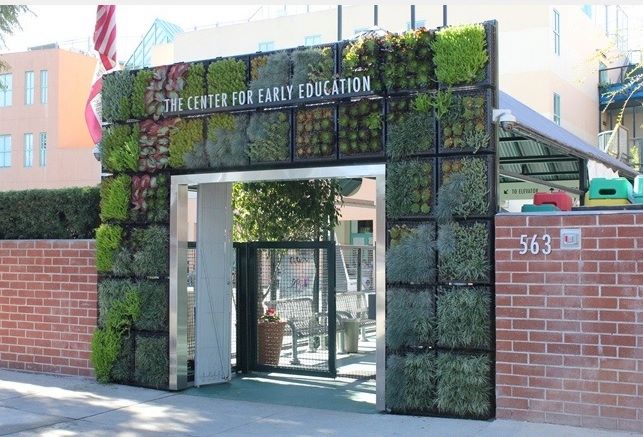
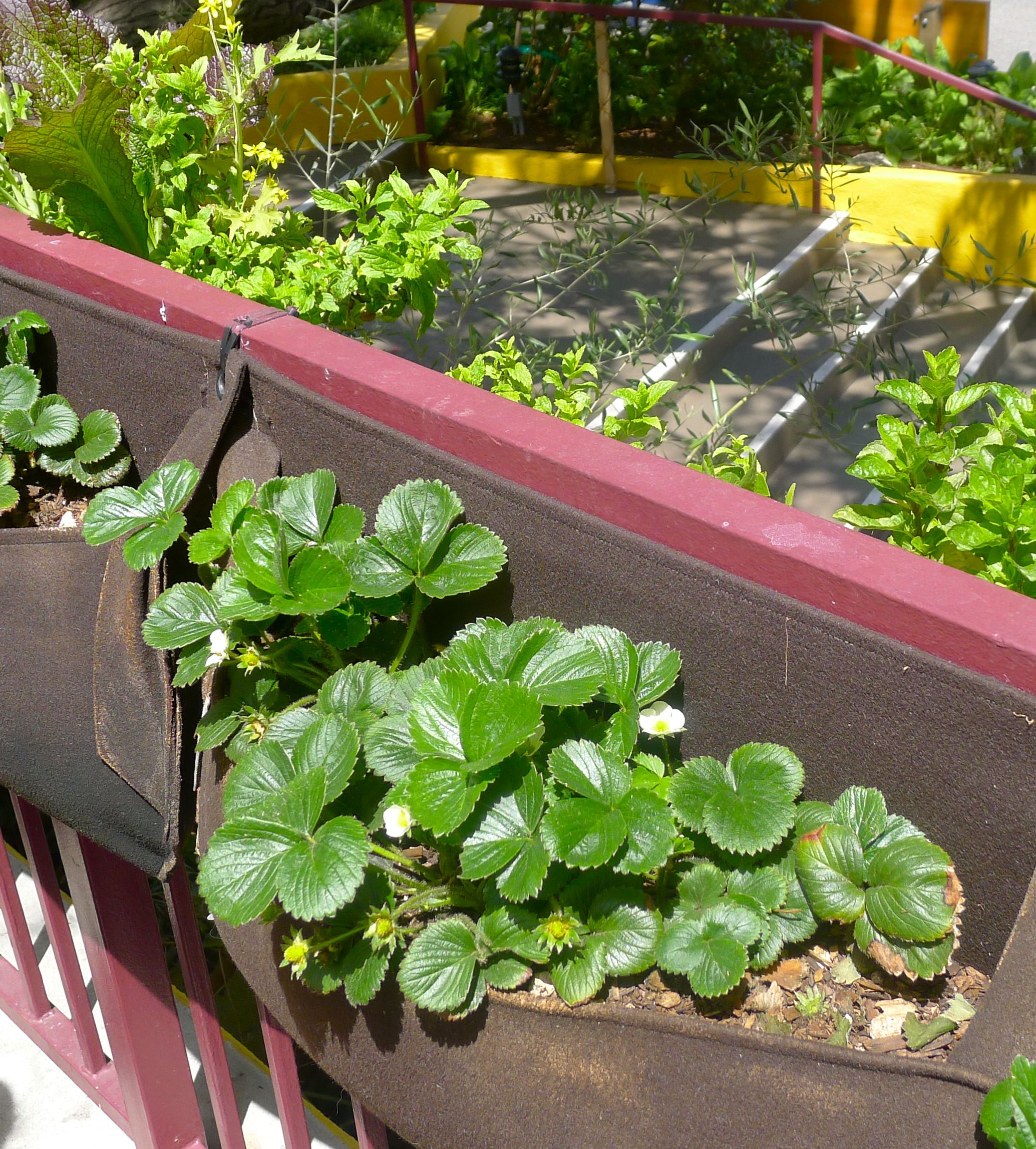
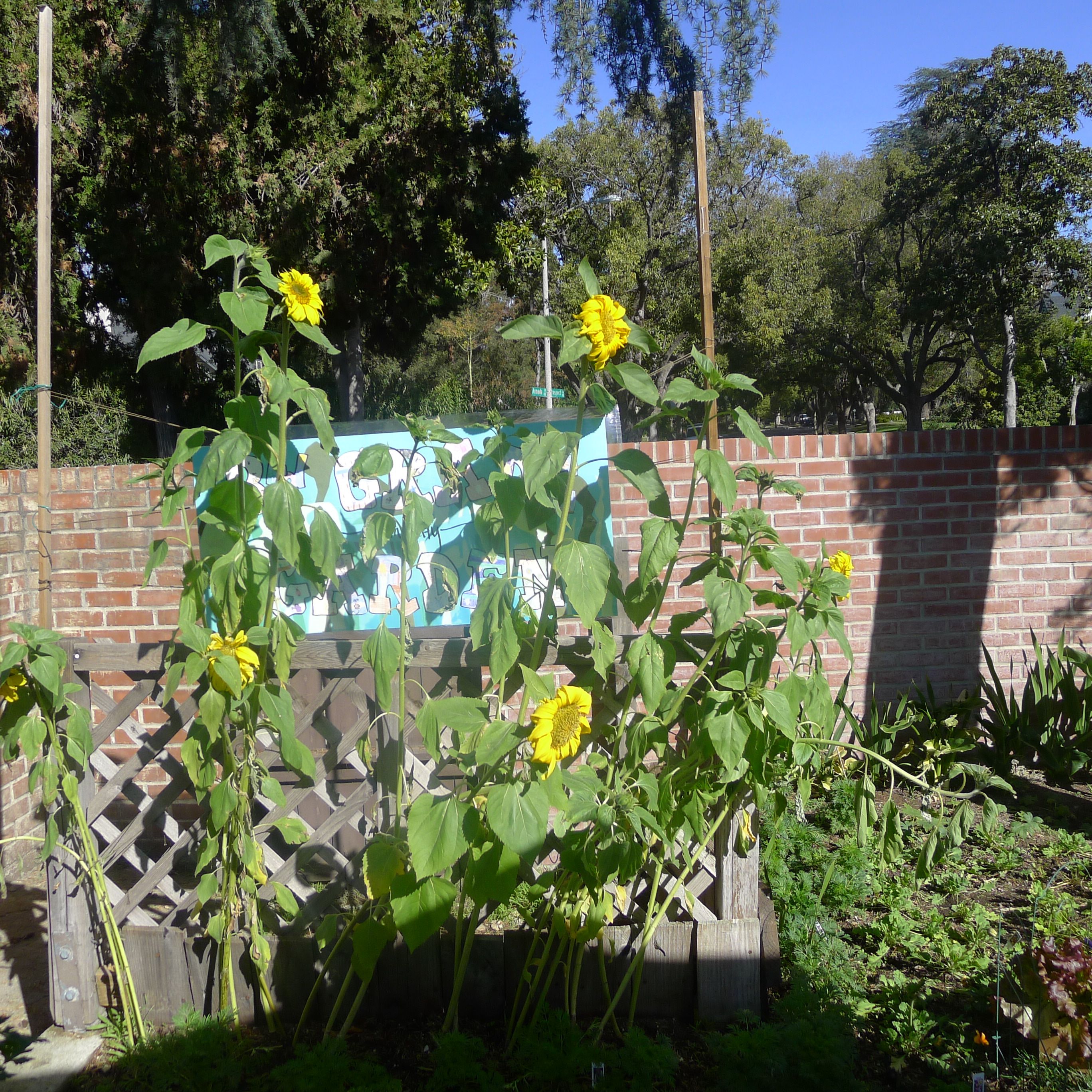
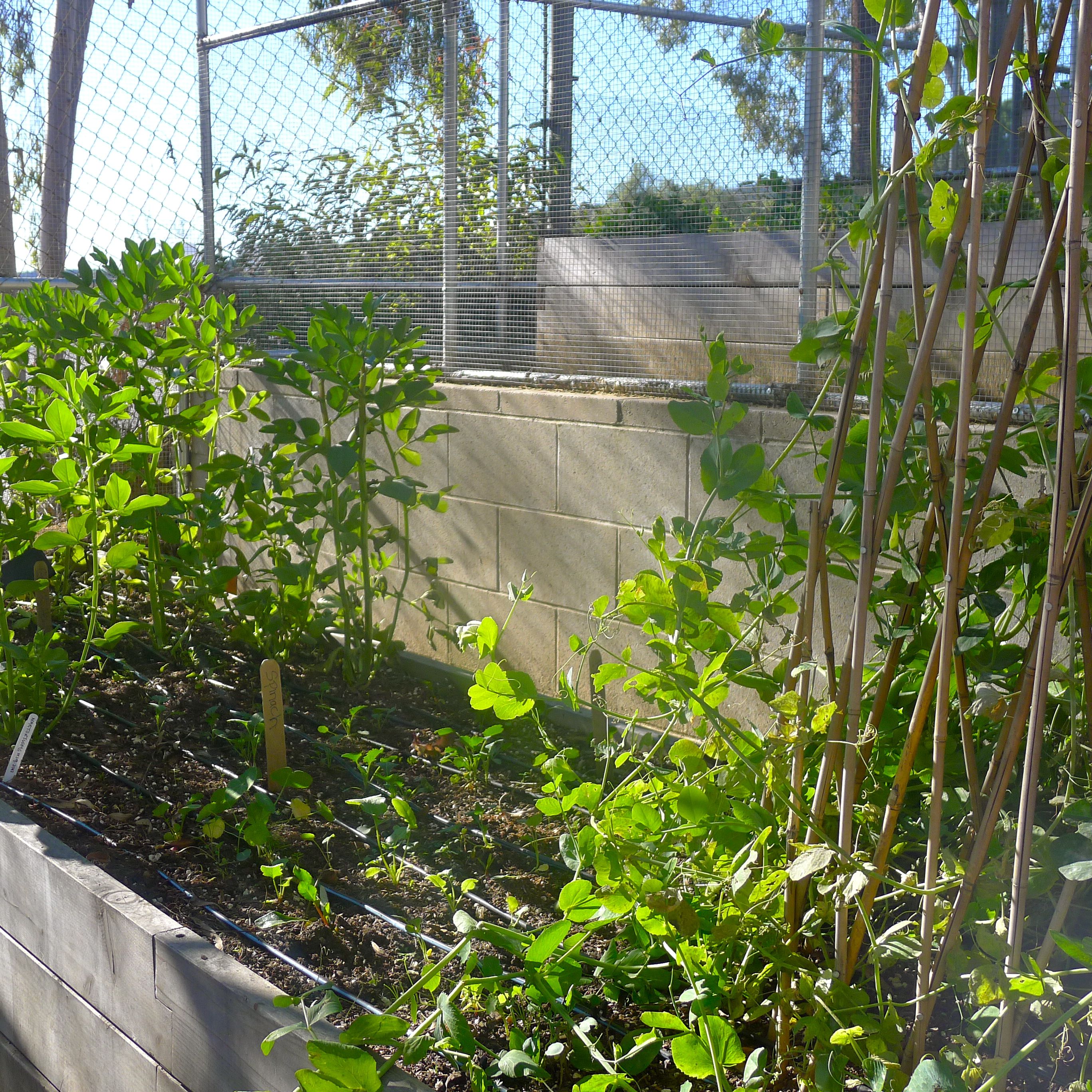
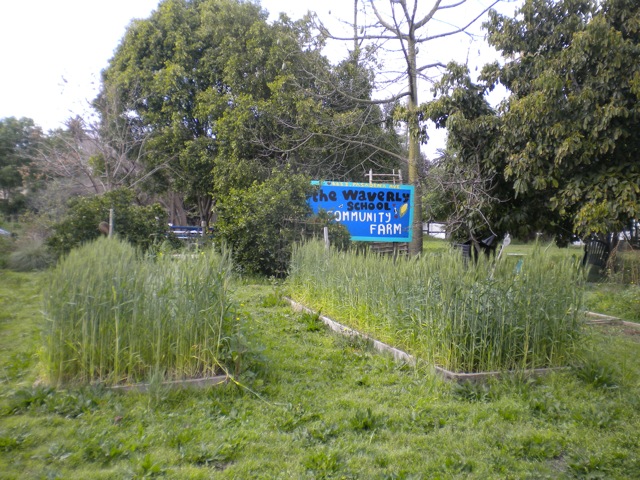
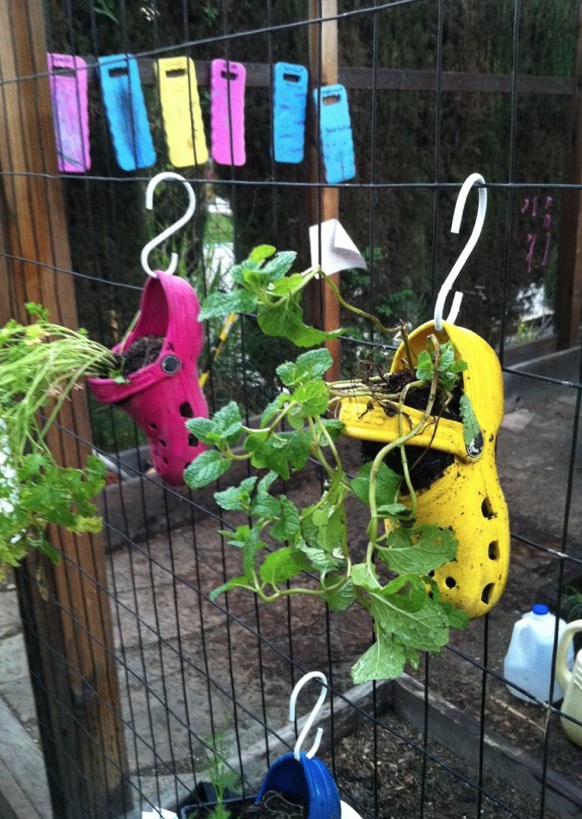
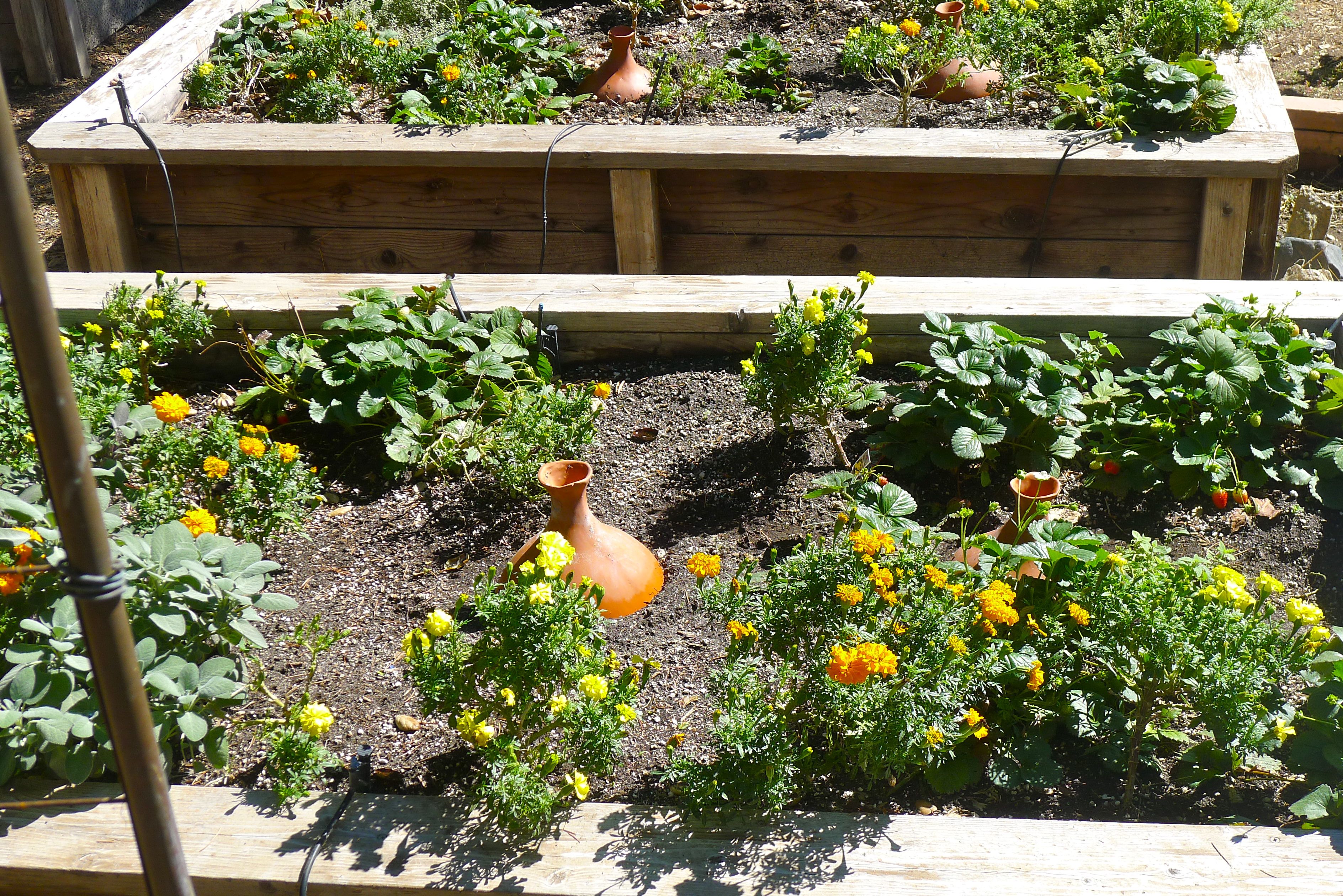
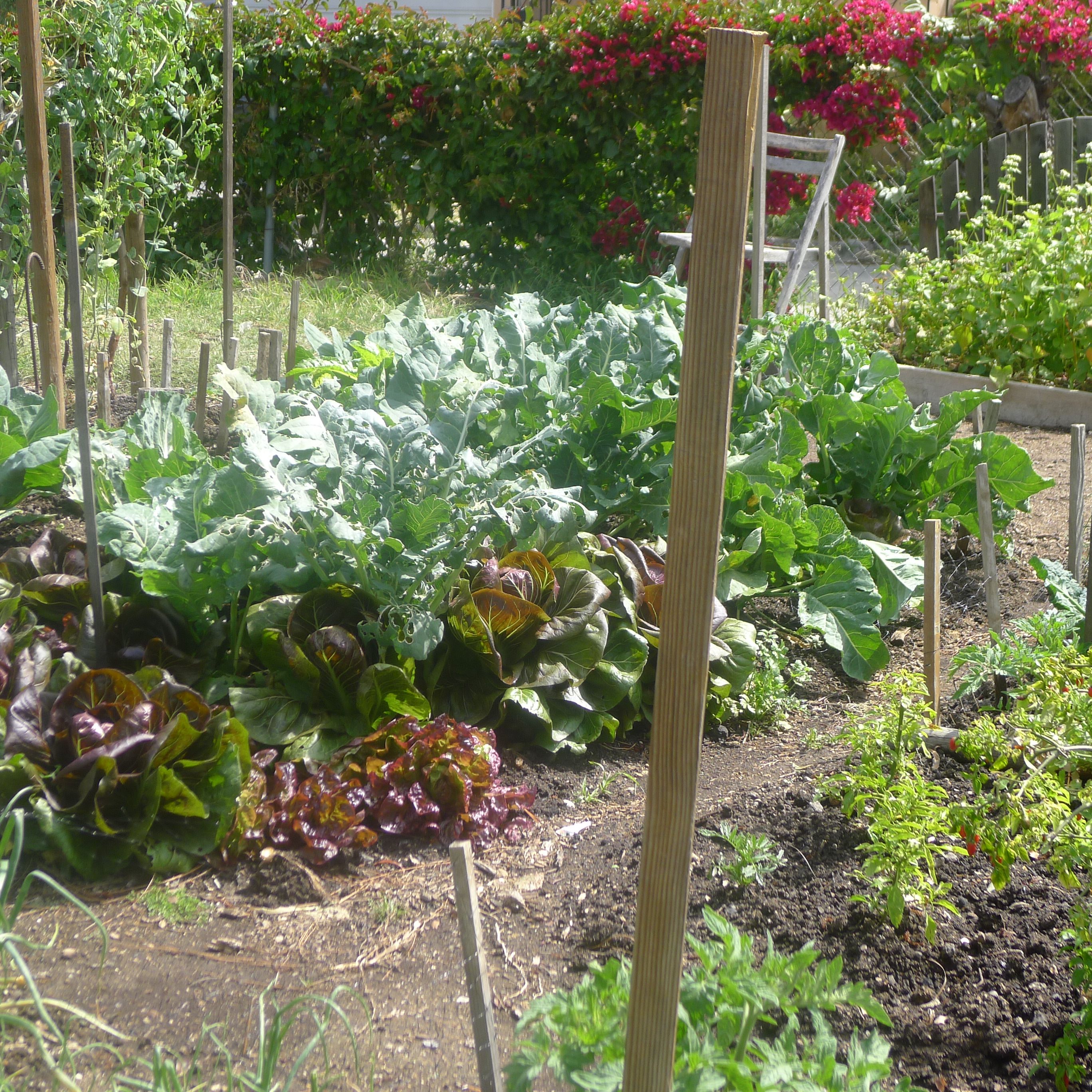
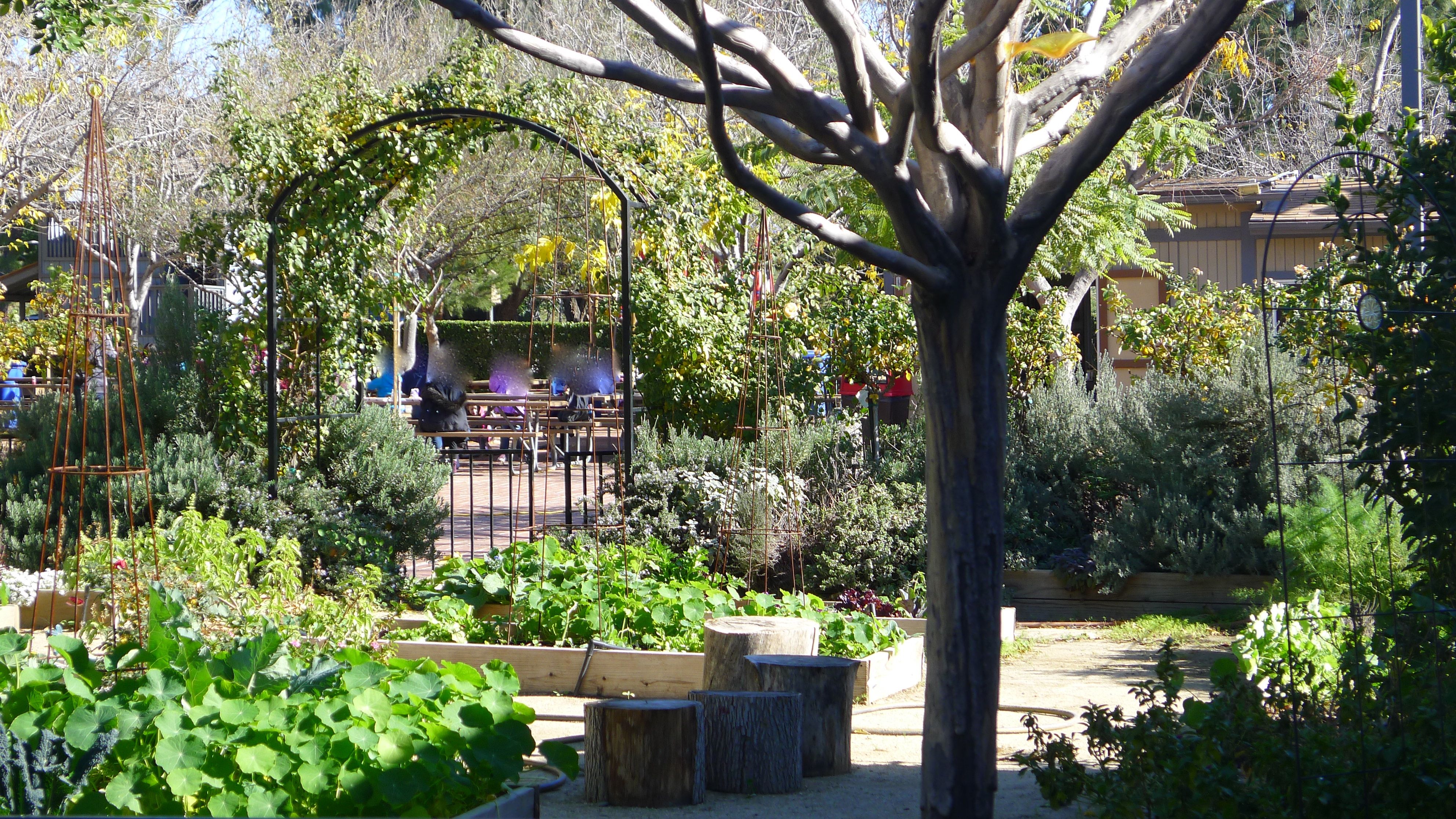













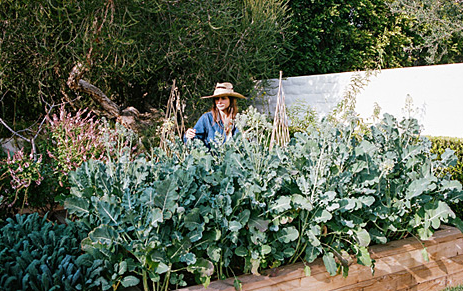
My friend, Lauri Kranz, founder of Edible Gardens LA, has just launched a super-cool new garden inspired line of goods. Some of you know I’m obsessed with school gardens! As I’ve mentioned previously, Lauri oversees the school gardens at Westland, Willows, Walther preschool and others schools.
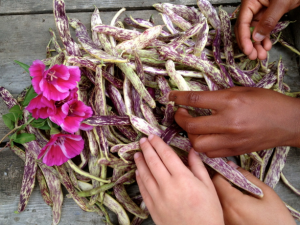
She also counts The LA County Museum of Art among her many high-profile clients. Now, Lauri goes beyond blossoms, bulbs and branches to partner with Jenni Kayne, Joe’s Jeans, Chef Suzanne Goin and to create a line of gardening products that combine form and function.
Here are my favorite picks from the new line:
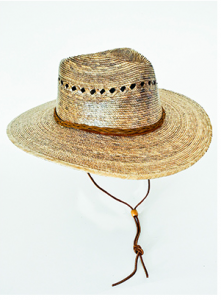
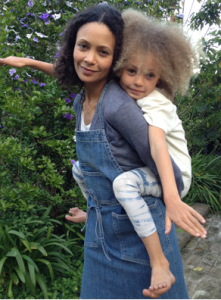
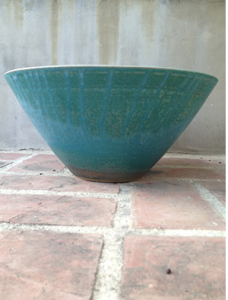
To shop and see the complete product line, click on Edible Gardens LA’s Market
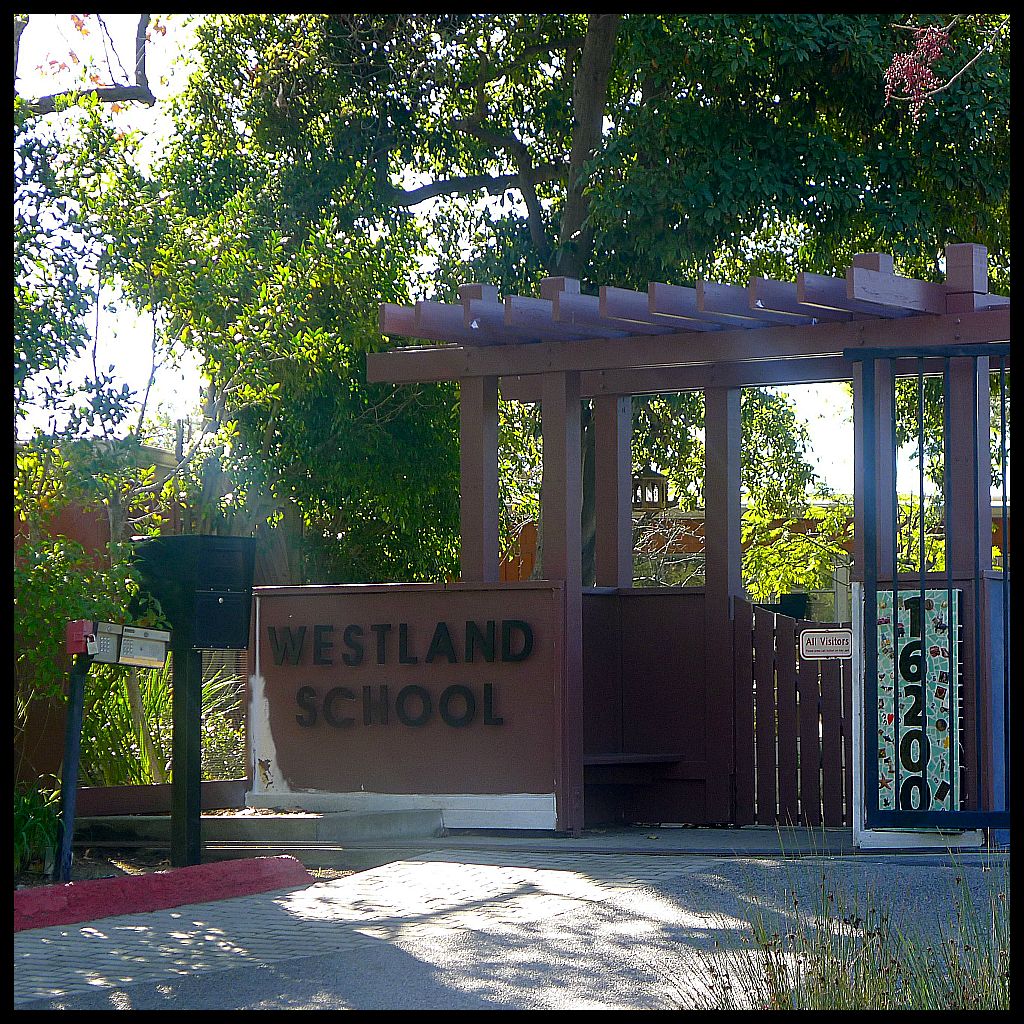
When I asked Scott Moran, Westland’s head of school, if he would describe Westland as a progressive school, he told me emphatically, “Yes!” Marcia Capparela, Westland’s assistant head of school, echoed his sentiment, adding, “Proudly.”
Proudly Progressive. That’s exactly what Westland School is. An excellent progressive K-6th grade located on a scenic, two acre campus along Mulholland in the Santa Monica Mountains. It is an exquisite gem of a school, idyllic and inspiring, with one story buildings which center around a courtyard, omitting the need for indoor hallways. The indoor-outdoor quality gives a spacious, open feeling to the small school.
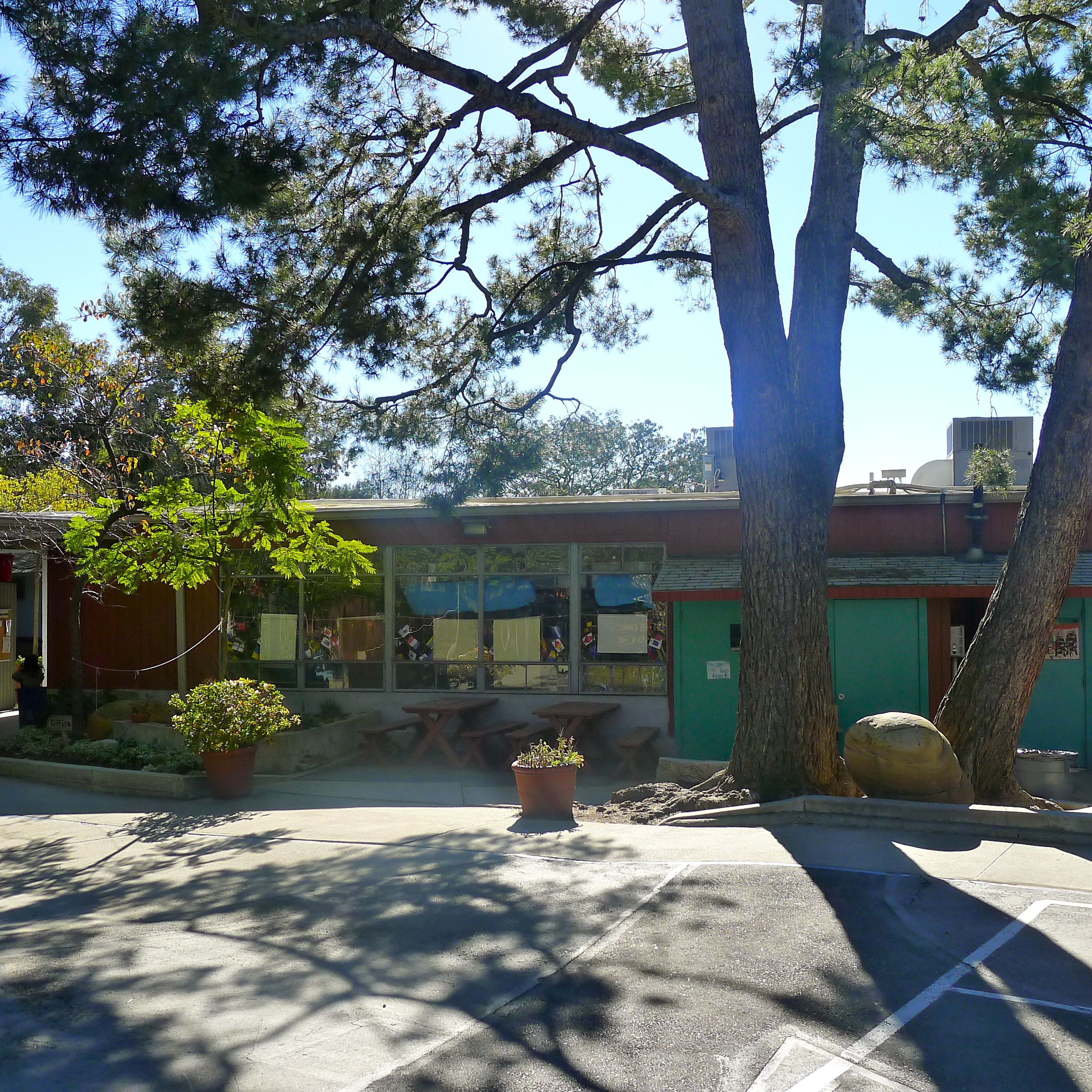
Scott relocated from NYC to become head of Westland last July. He is the dad of a Westland daughter and a two-year old. He’s super-smart, very nice, high energy and down-to-earth. His energy and enthusiasm for the job make you want to join in whatever he’s doing. Marcia is an incredibly friendly and soft-spoken educator whose friendship with my step-mom and co-author, Anne Simon, dates back to their days at Wildwood School. Scott and Marcia’s combined experience brings with it a discerning eye for both the big picture and minute detail. A dynanic duo, these two top administrators share a love of progressive education, years of combined experience and a strong commitment to the school’s 1949 founding principles.
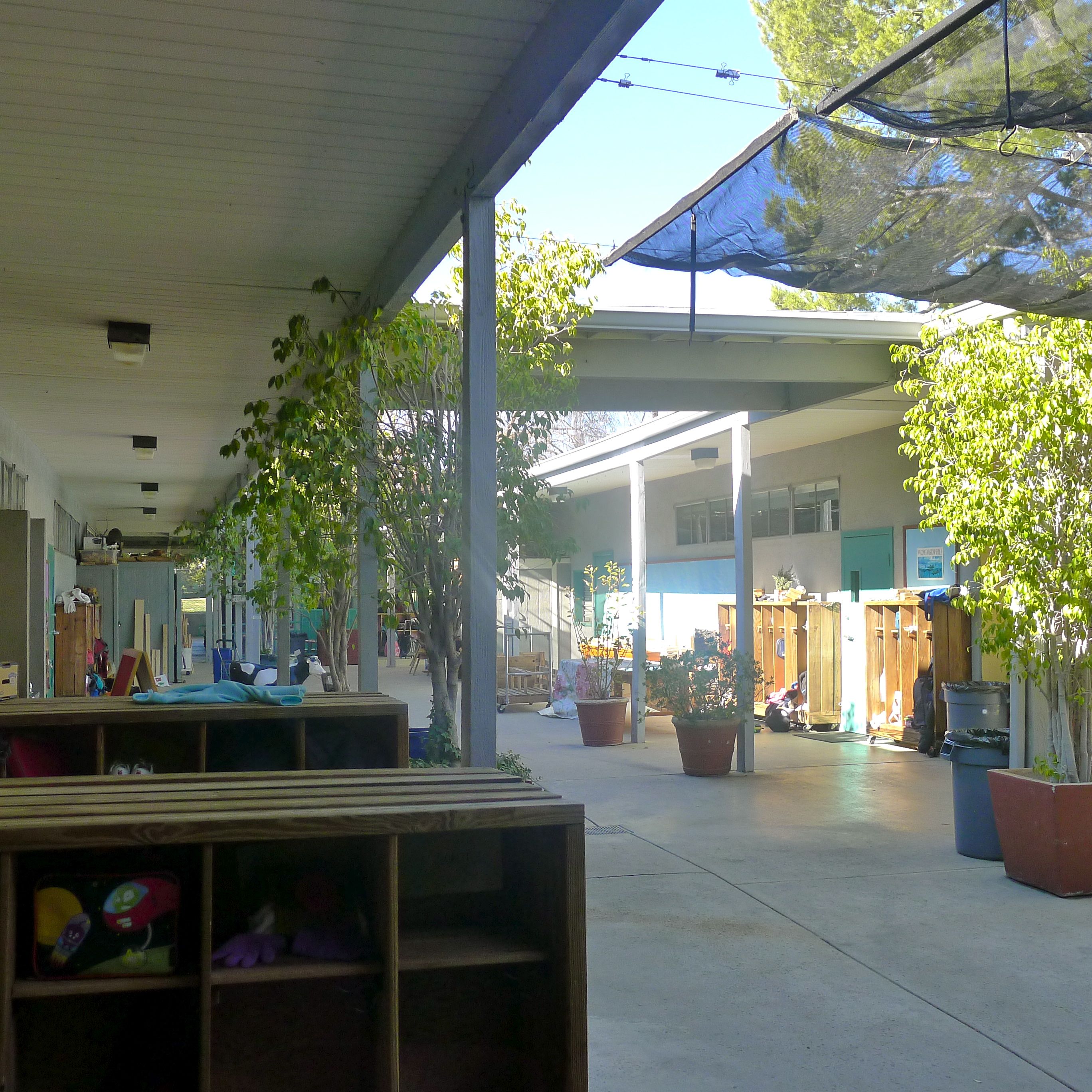
Together with the Westland faculty and staff, Scott and Marcia have set their collective minds on answering the question, What does progressive education look like in the 21st century? Scott articulates some of the central ideas, including collaboration, risk taking and how to pick the best educational concepts and tools that are available now– and in the future. For example, he says, teaching sharing through the use of wooden blocks rather than putting two students on an Ipad and telling them to “share” is just one way to balance progressive concepts with the newest tools. Of course, Westland believes there is a time and place for technology, but it isn’t the best way to teach a 5 year-old the concept of collaboration, Scott points out.
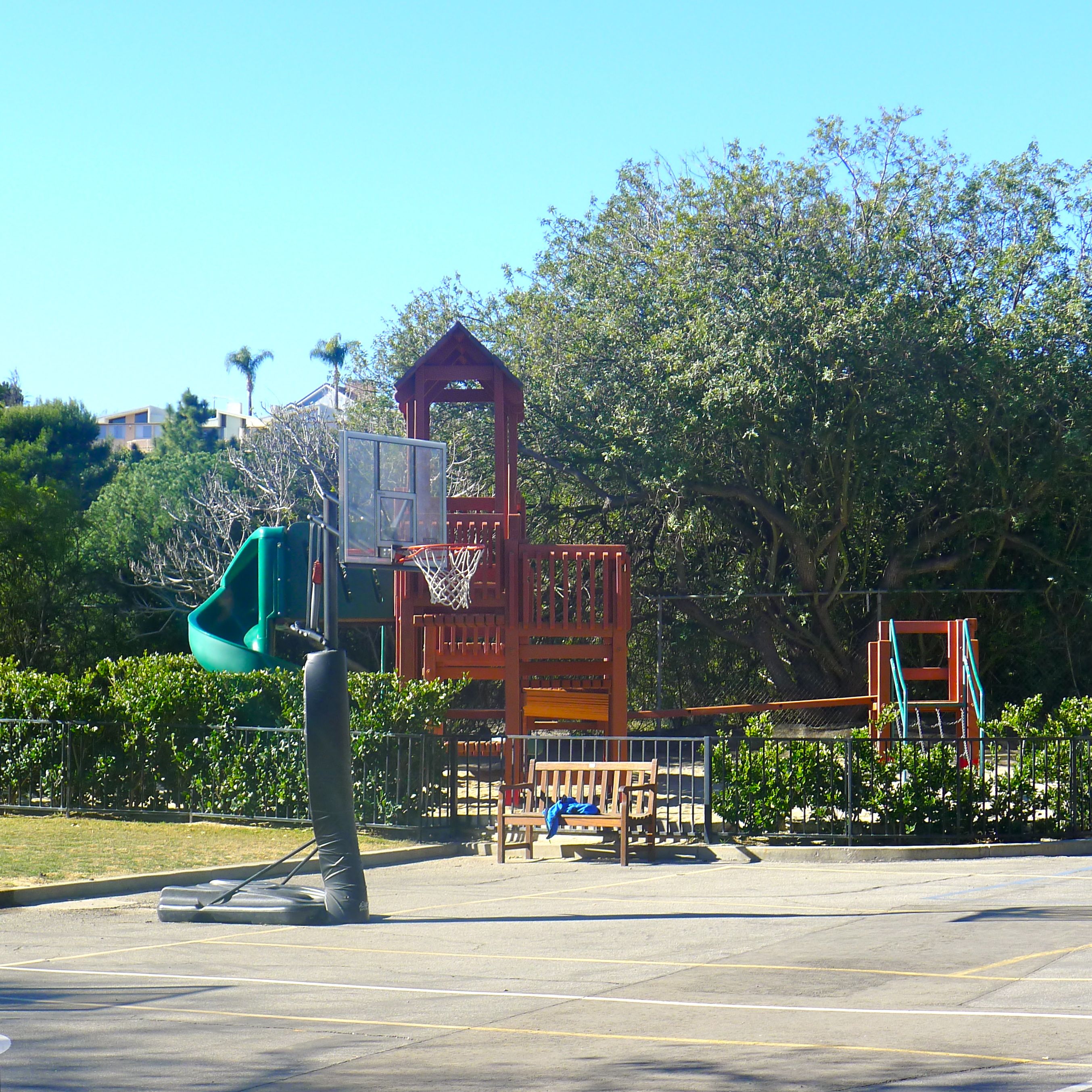
A Progressive State Of Mind
Westland defines its educational philosophy as one where teachers are involved in developing and implementing an integrated, hands on social-studies based curriculum. It is a child-centered, non-competitive learning environment that uses experiential learning to develop problem solving and critical thinking skills (Source: Westland literature). One of my favorite aspects of this philosophy is the integrated curriculum, where what is being taught in one class relates to the subject being taught in another class. The non-competitive aspect of the school is perhaps most noticeable in the lack of school sports teams. However, students play sports in local recreation leagues and club teams.
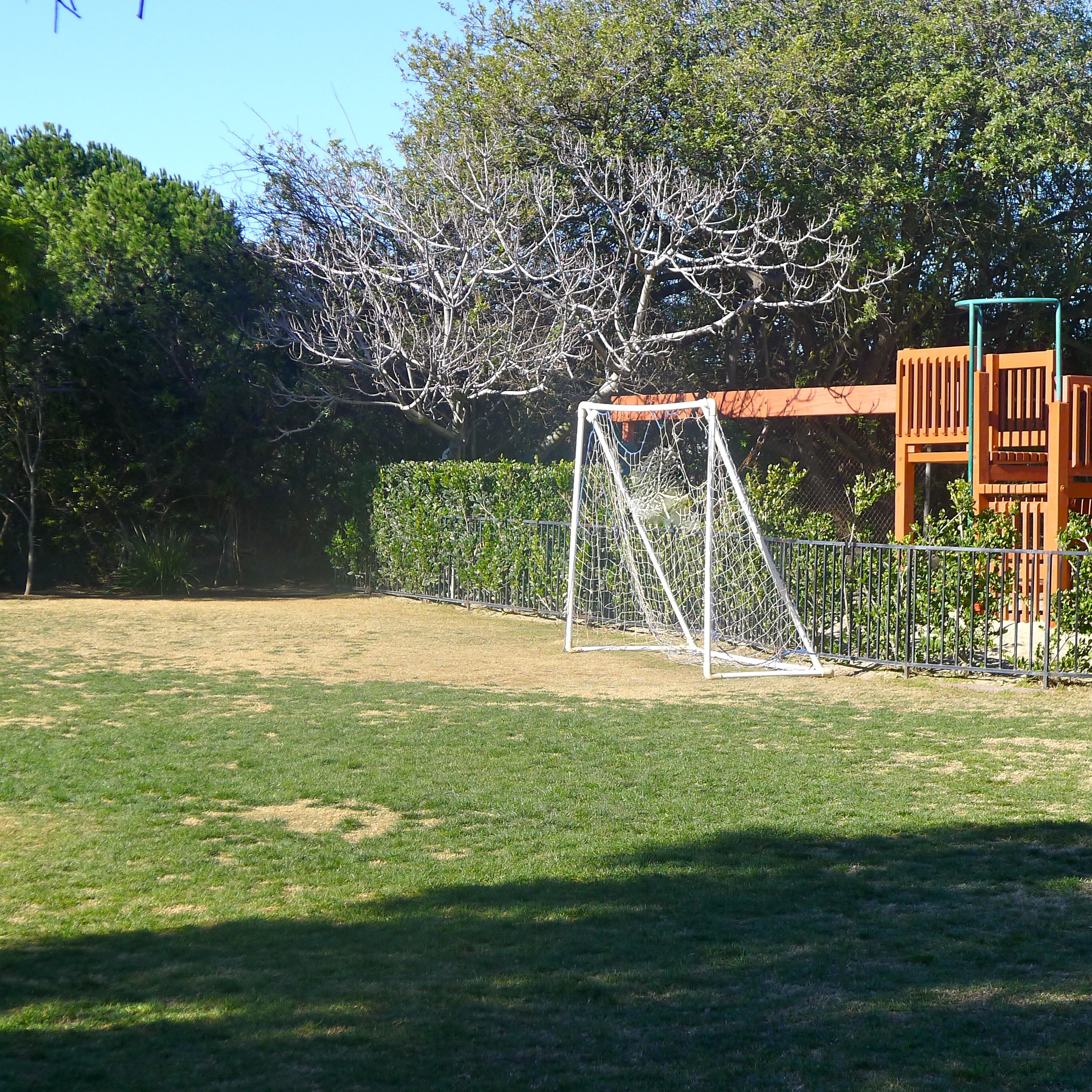
Scott is refreshingly candid, opening up about many aspects of Westland School. A thought leader who understands the why and how of progressive education, we spent time in his office talking about how Westland strives to stay true to its roots while incorporating 21st century ideas. The small size of the school (about 131 students total) offers a place where parents are very involved in virtually every part of the school (volunteering is required!) and kids help make things happen too.
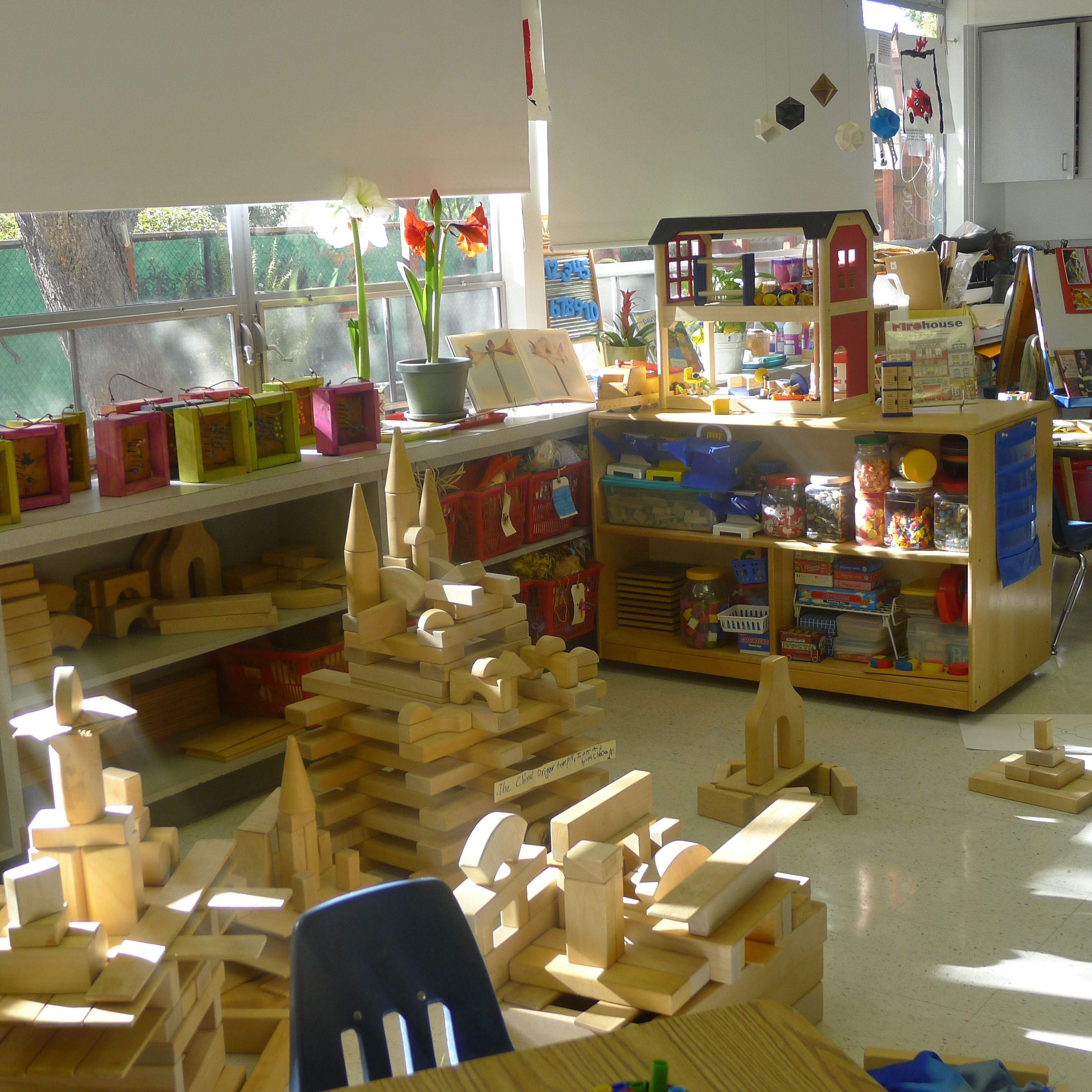
Westland uses a unique system to place students in classes. There are six class groups for the seven grade levels K-6. This gives flexibility and a multi-age environment. At one point during their elementary years, students are re-grouped which means that they spend a second year in one group that has been carefully re-configured based on each’s child’s academics, skills, friendships, and other factors. Rather than remain with one group from K-6, re-grouping offers new opportunities for a child’s social and educational growth.
The Westland Studio
Woodworking is a signature program at Westland. Learning by doing is a central theme that flows throughout the school and woodworking is a hands-on activity where all students create projects linked to their social studies themes. A full-time teacher/woodworker oversees the projects and through building, designing, sawing, sanding and seeing the final projects come to life, students develop a wide range of skills including math, measuring and design. The finished projects are visible around the school and a lot of them are used for student activities. Kids build houses, neighborhoods, cities and more!
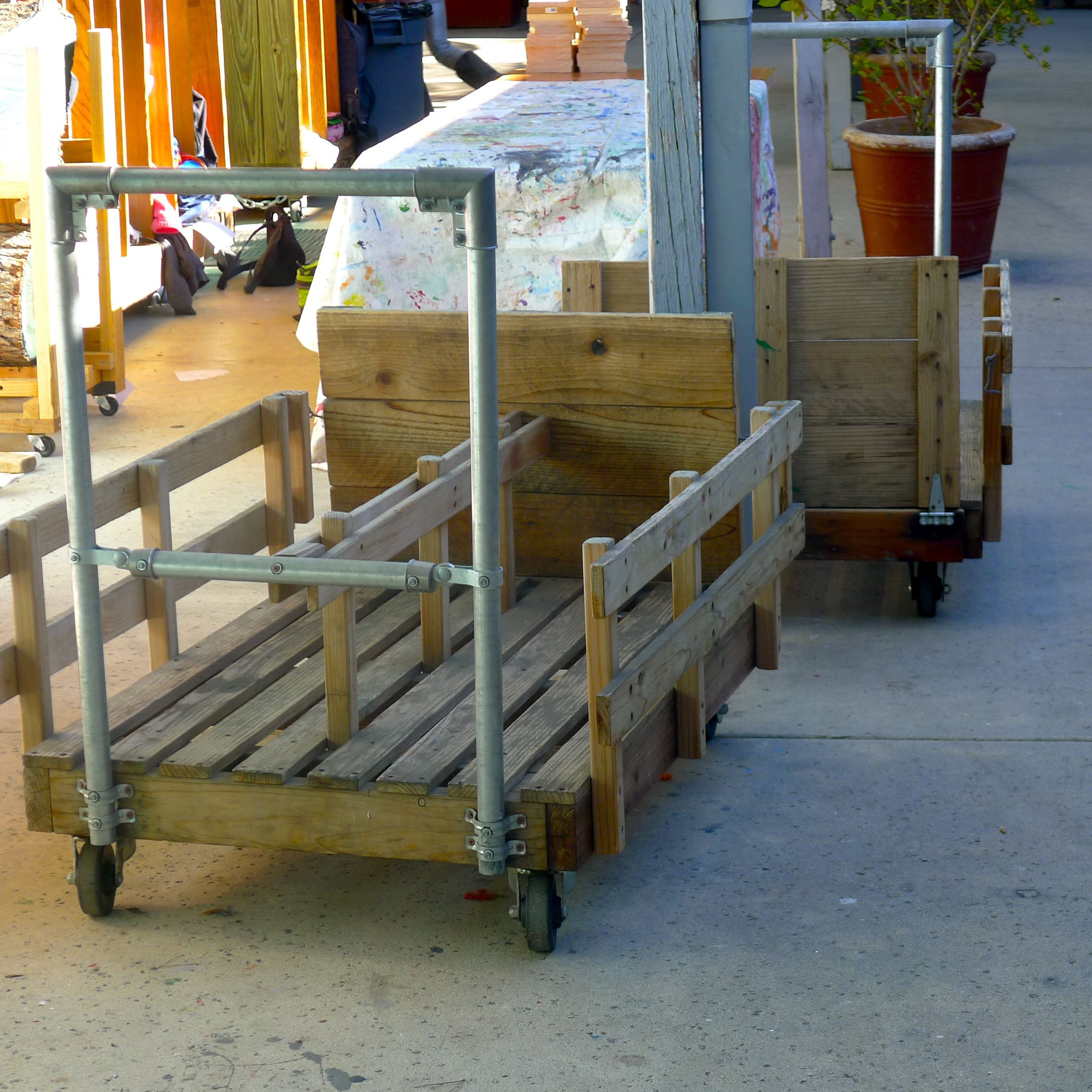
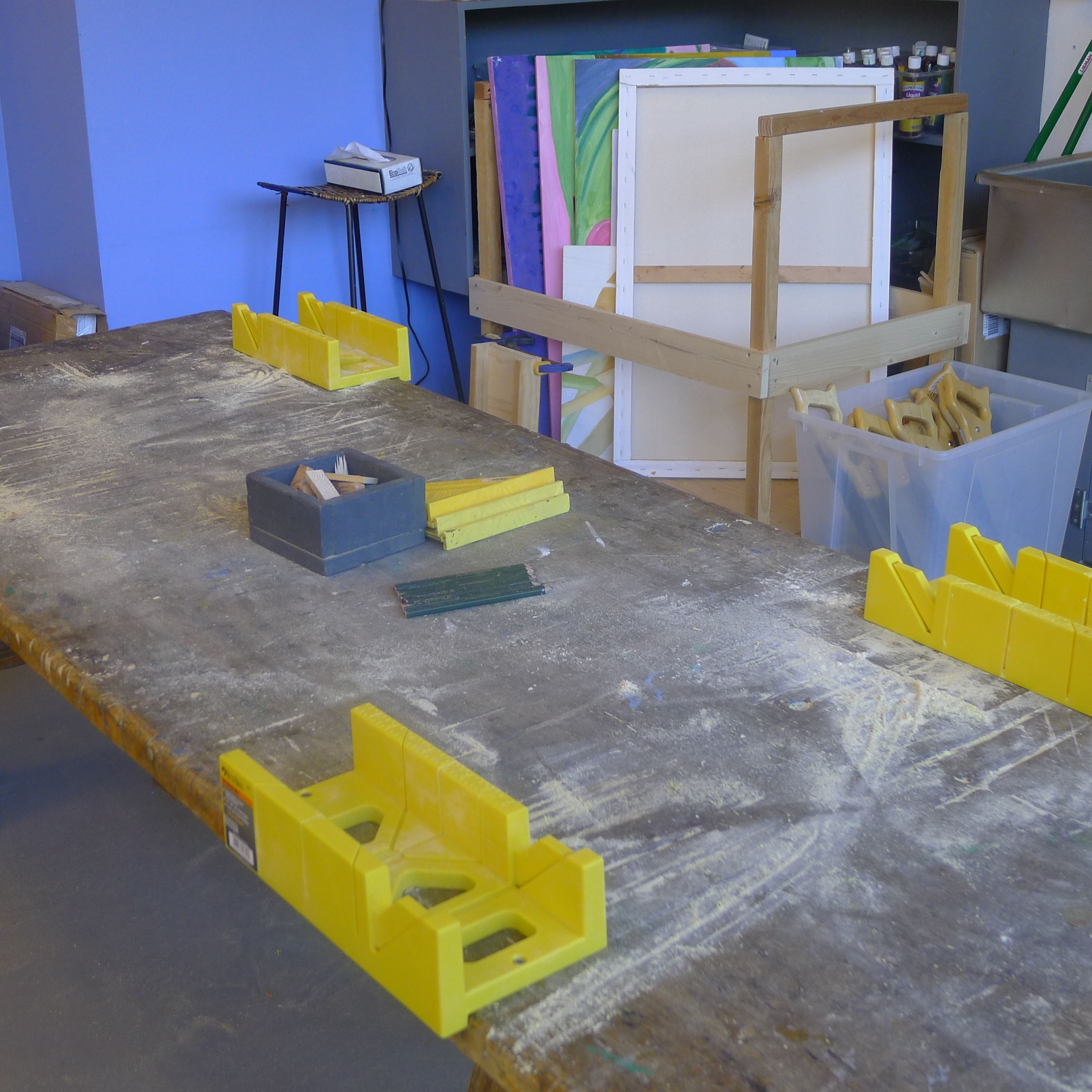
A melding of progressive ideas, interpreted for the modern classroom is what sets Westland apart. There is nothing outdated about this school. It is present, ready to leap and bound into the future. A spirited, expansive view of education by its administrators and faculty make the notion of sitting in a classroom exciting by knowing how to tap into the joys of being a kid.
Community Sings
Music is an important program at Westland, where the program includes an array of instruments and voice. Community Sings is a tradition where the entire school comes together for schoolwide sings that showcase school projects and experiences. A Civil Rights sing coincides with the MLK Jr. Holiday. Parents, siblings and friends are welcome to attend these popular gatherings.
Westland’s Garden
Lauri Kranz, a Westland mom of two and my lovely friend, is the designer/manager of Westland’s gorgeous garden. Lauri is a landscape gardener extraordinaire and one of the coolest people I know. Loyal devotees in the form of parents help Lauri work with students to create “harvest and cook days,” including, Potato Pancake Day, Radish Day and Stir Fry Day. Getting kids to eat vegetables isn’t difficult when they’ve planted, grown and harvested these delightful goodies! She often posts recipes for parents to make at home with their kids.
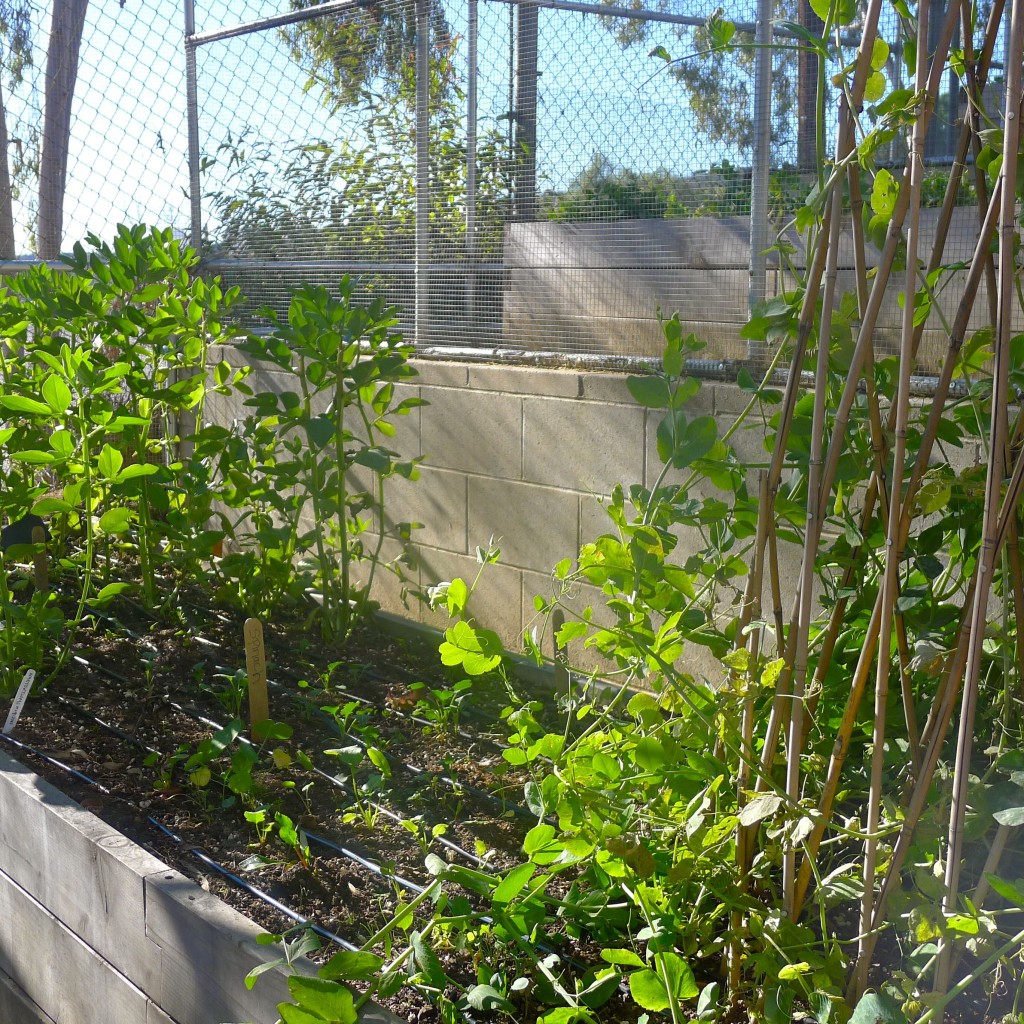
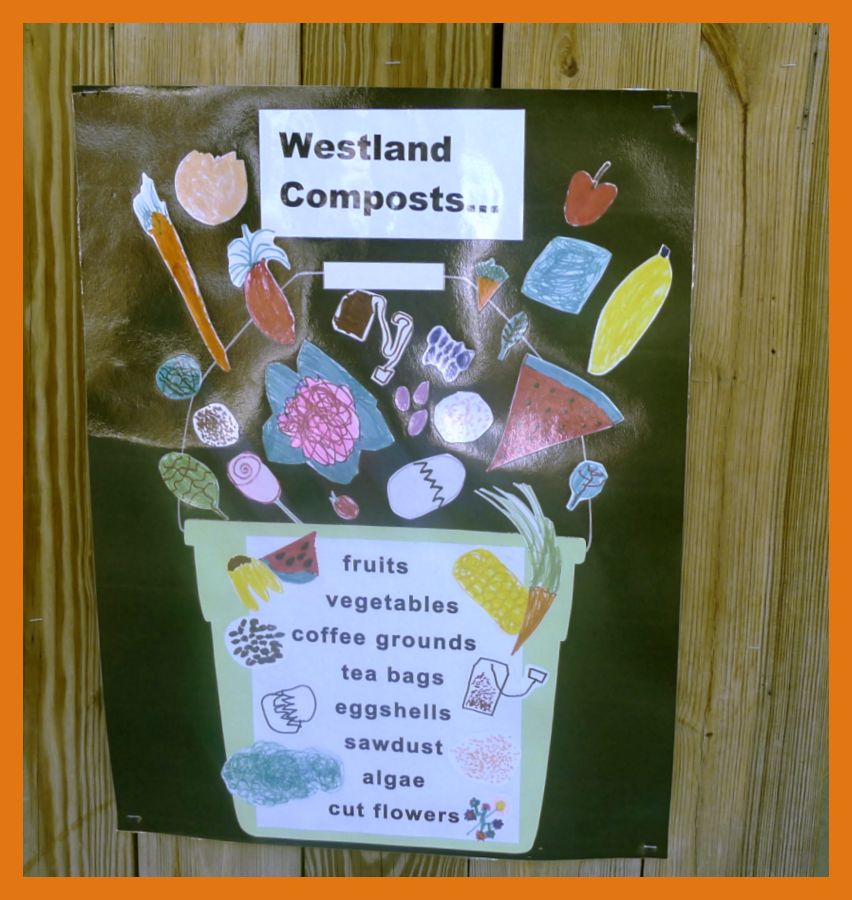
Westland uses technology not for the ‘bells and whistles’ effect, but rather as one tool among numerous tools that is introduced gradually into the curriculum. In the early grades, technology is not present in the classroom. However, by ages 8-9, the school uses technology to help kids learn. The school believes kids should be “savvy users of technology not just consumers.” (Source: Westland School).
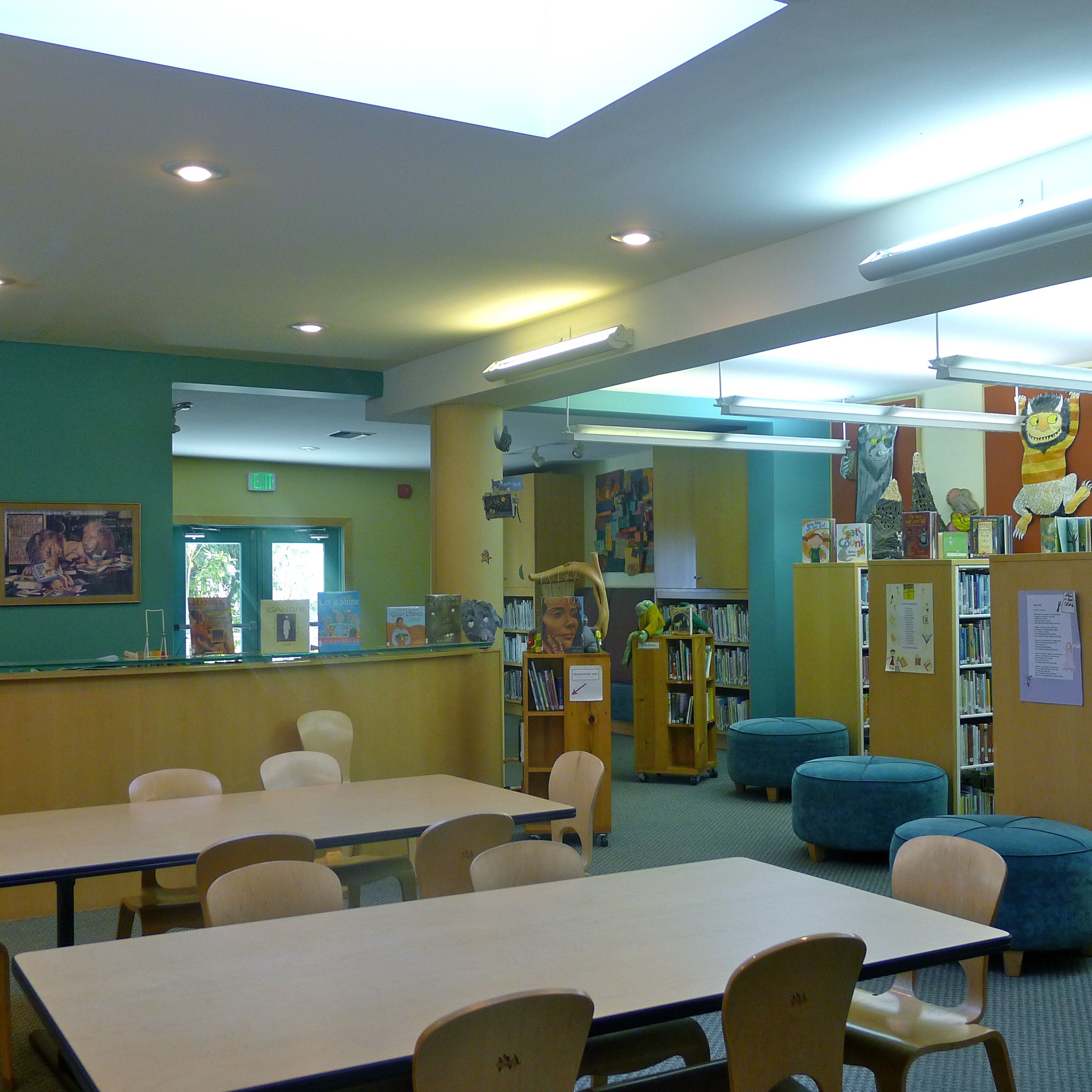
Scott pointed out that because Westland’s tuition is in the lowest quarter for L.A. private elementary schools (about $19K per year), it attracts middle-income families. For 2013-14, the amount of financial aid will double. Parents should note that Westland admissions are competitive. The school receives far more applicants than available spaces. This is partly due to the small size of the school and partly due to its enormous popularity.
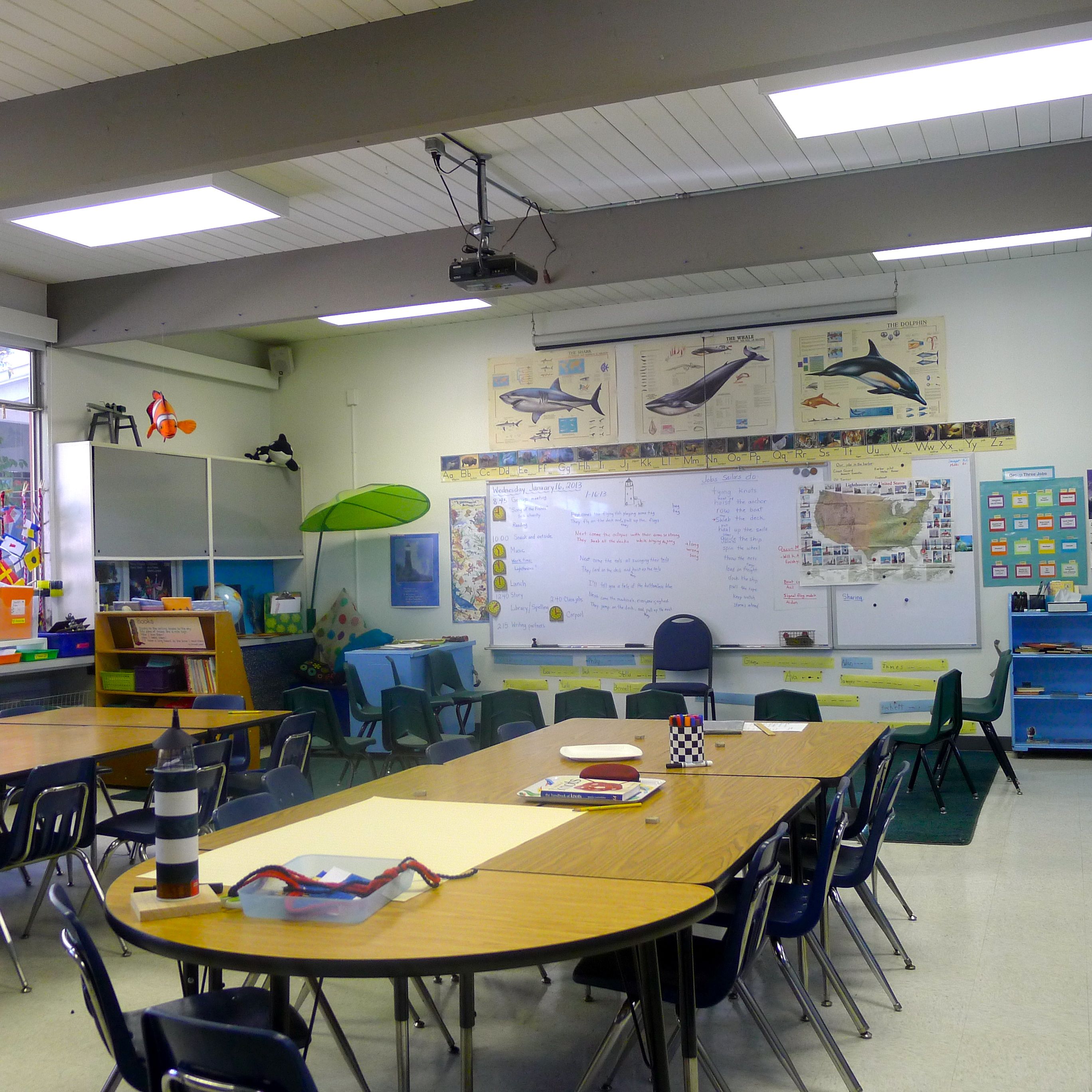
Westland is a school where a kid centered sensibility defines its core. Westland is both offbeat and charming. Splashes of green, one-story buildings and a collection of wooden blocks reveal function and fun. Westland sparkles with imagination. Versatility and confidence, experimentation and creativity are hallmarks of this stellar school. It takes parents and kids on a journey that is a composite of ideas, old and new, bold and understated. It is the ultimate progressive school.
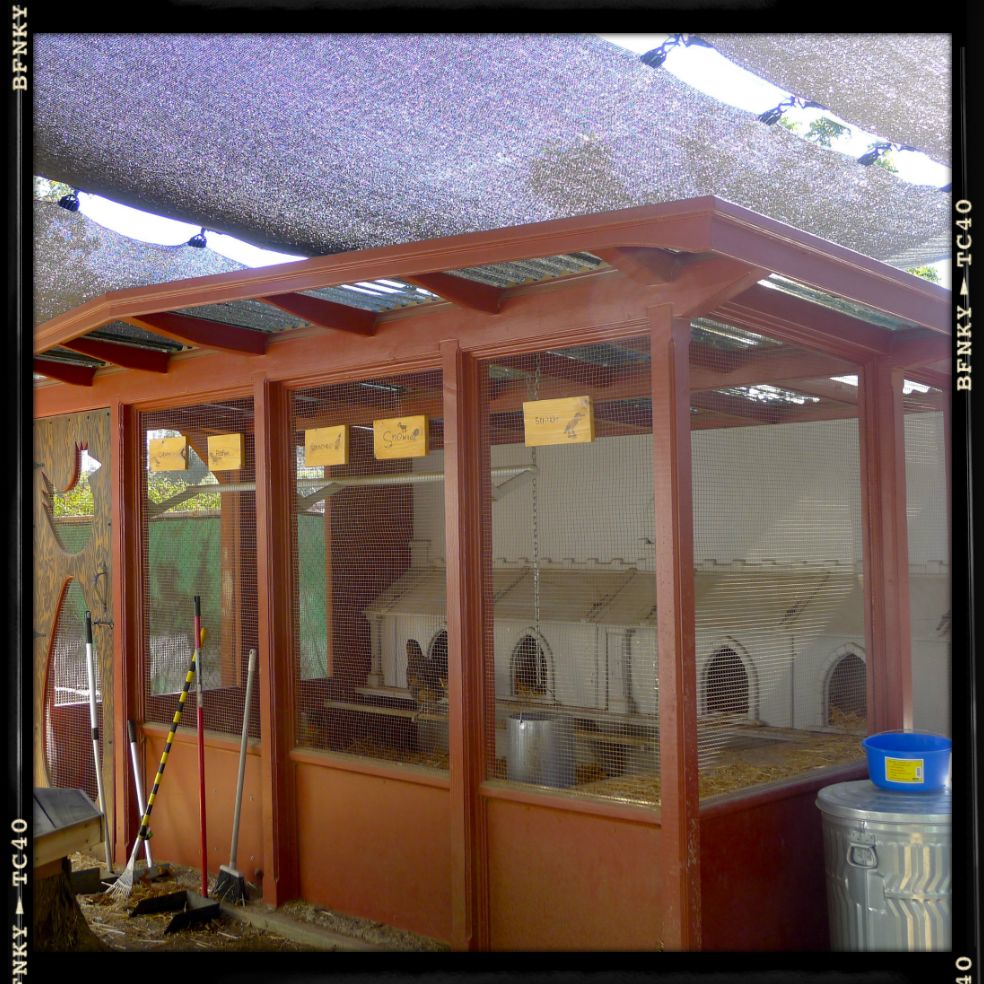
For more information, visit, www.westlandschool.org
You can visit Lauri’s website at www.ediblegardensla.com
Parlez-Vous Francais? Oui! At Lycee International de Los Angeles
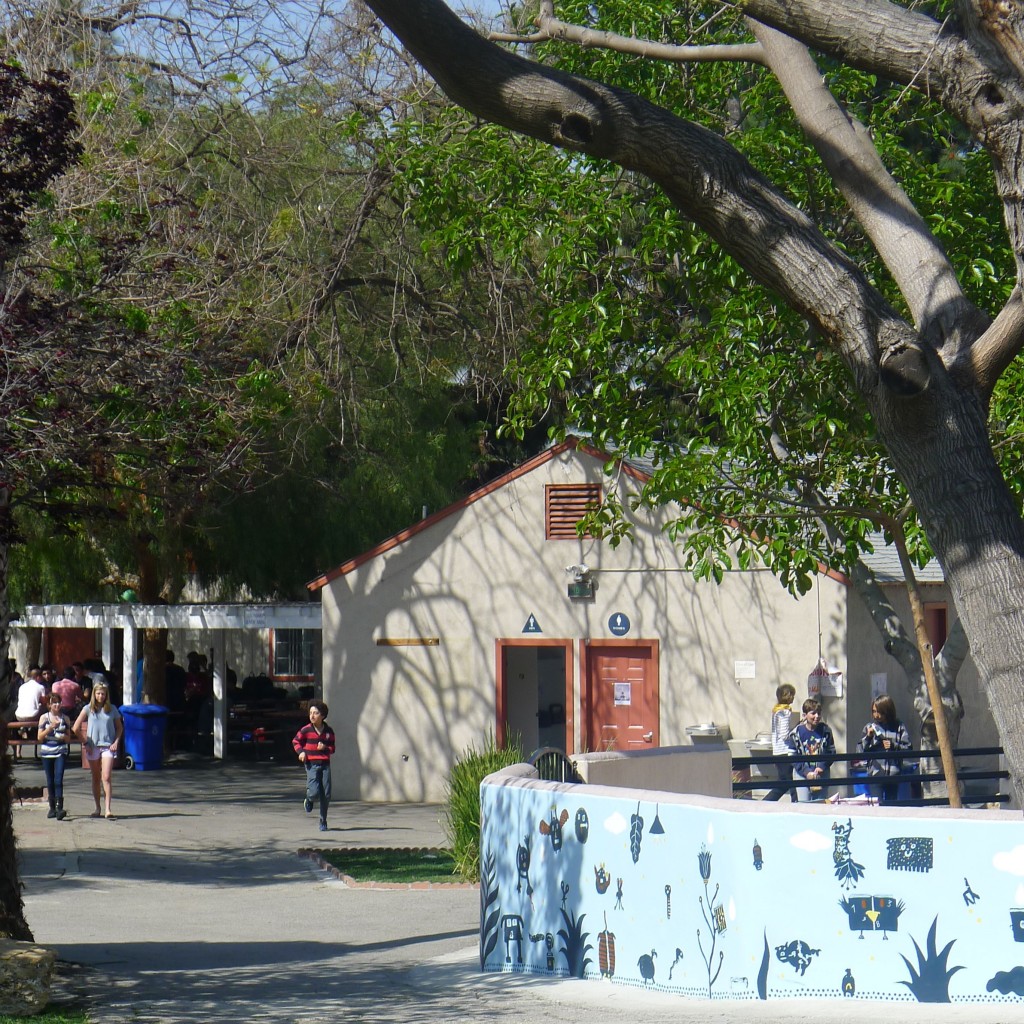
“Bringing Up Bebe”, the bestselling book by Pamela Druckerman was the topic of a fabulous luncheon I attended recently, hosted by Lycée International de Los Angeles (LILA) and ArborBridge (formerly Launch Education Group) at The Little Door. Before the event, I toured LILA, a wonderful, developmental Pre-K-12 in Los Feliz.
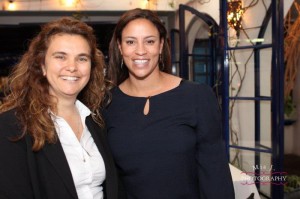
As we ate the Little Door’s superb food, Elizabeth Chaponot, the French/American head of school at LILA, spoke about the differences between French and American education and how LILA achieves the delicate balance of blending the two educational influences and cultures.
Elizabeth is an experienced educator and a mom, with impressive credentials and a passion for education. Her family founded LILA, she’s a graduate of the school and now she’s continuing the tradition. Elizabeth pointed out that at the school, she approaches French parents differently than she does their American counterparts. With American parents, she told us, she often begins with talking about the child’s unique qualities like their sense of humor or other characteristics. French parents, she said, want to know how their child is doing in school, but don’t expect continual feedback on their child’s attributes. American parents also place a premium on extracurricular actives like sports to a greater extent than many French parents. So, part of her job at LILA is to unify the distinct parenting and educational values of these two very different cultures.
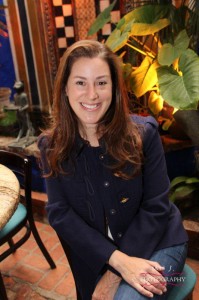
Giving a quintessentially American perspective on the bestselling book, “Bringing Up Bebe,” Sarah Maizes, author of Got Milf? The Modern Mom’s Guide To Feeling Fabulous, Looking Great and Rocking a Minivan, is a triple threat: mom of three, author and comedian.Sarah talked about writing the review of the book for the Today Show Moms and what she learned by reading it. She also talked about her own kids and the unique parenting challenges that come with twins and a daughter with Asperberger’s, who became the inspiration for her new children’s book, On My Way To The Bath due out in June.
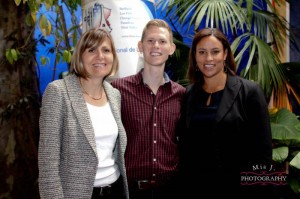
Although my two years of college French are long forgotten, touring LILA with Juliette Lange, the charming and friendly admissions coordinator, I was pleasantly surprised that I recognized a few familiar phrases from days gone by, as ridiculously cute children darted by speaking the most adorable French.
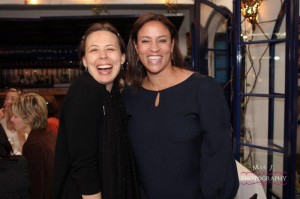
LILA is a great option for families who are looking for a developmental dual immersion school. Students are taught to read, write and speak both French and English by the end of elementary school. However, the goal is to offer more than “mere knowledge of two languages. The ultimate goal is to form bi-literate students capable of functioning in two linguistic worlds, according to LILA. Families at LILA truly embrace French language, culture and diverse cultures at the school. A quarter of the school is comprised of French nationals and there are students from 48 nationalities.
Founded by Progressive educators in 1979, the school has grown to four campuses (Los Feliz, Pasadena, Orange County and West Valley). The school is accredited by the French Ministry of Education, The Western Association of Schools and Colleges and The International Bacculaurate.
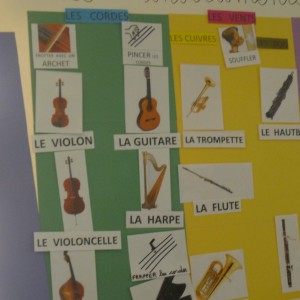
LILA is a Pre-K-12, private school nestled on six acres in Los Feliz. The campus is instantly welcoming and low-key. It buzzes with with student excitement. The one-story buildings contain large, bright classrooms containing with smart boards. Teacher’s assignments and the student’s work decorate the walls. When I arrived, the school day was in full swing.
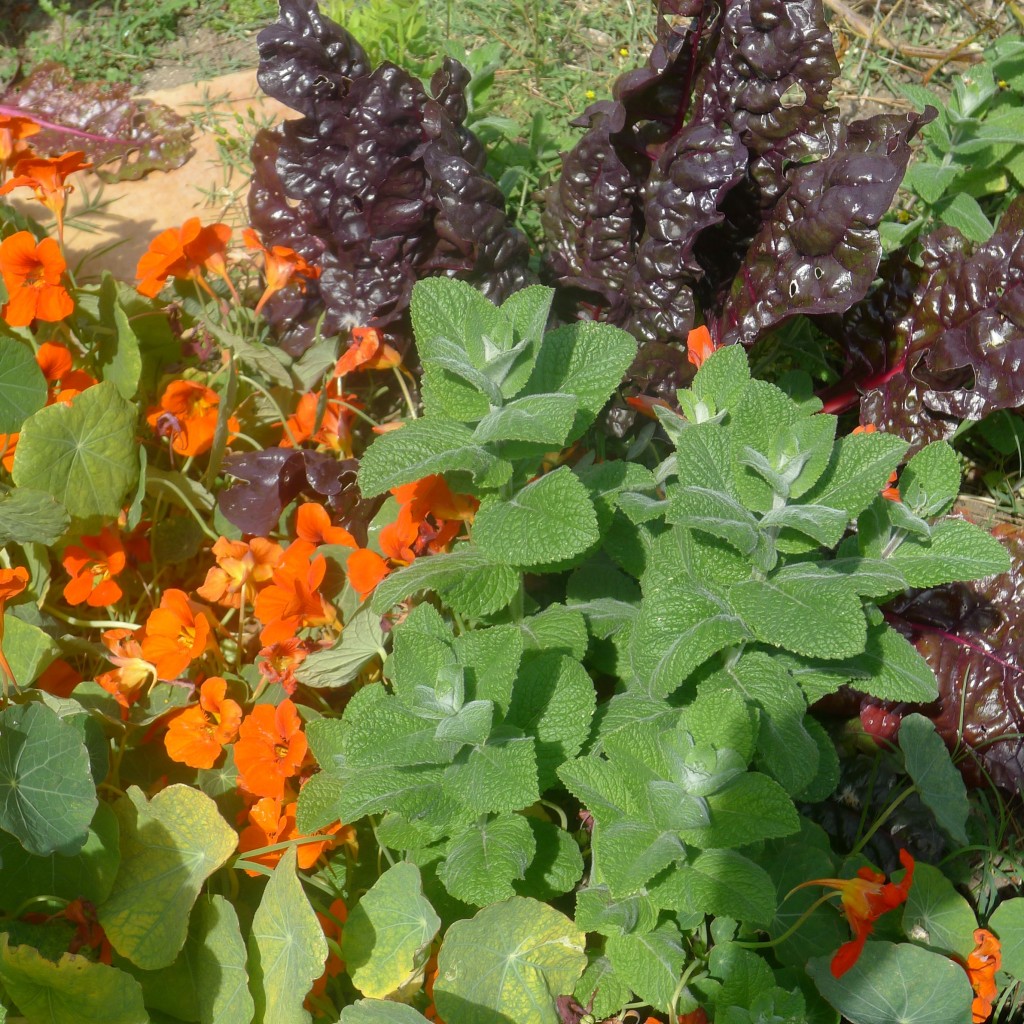
If you are considering a dual-immersion French-English school, visit LILA and see for yourself this unique, sprawling school on a gently sloping hill in Los Feliz. LILA puts a worldly spin on education! C’est magnifique!
For more information, visit, Lycée International De Los Angeles
Photos: Mia J. Photography and Christina Simon
The Waverly School, a progressive school in Pasadena, spanning young kindergarten through 12th grade, is utilizing a unique method originated in France, a “fruit wall” to plant 27 apple trees at its farm. While a yearlong working farm, this is the largest single planting effort for The Waverly Organic Farm in its 15 years of existence.
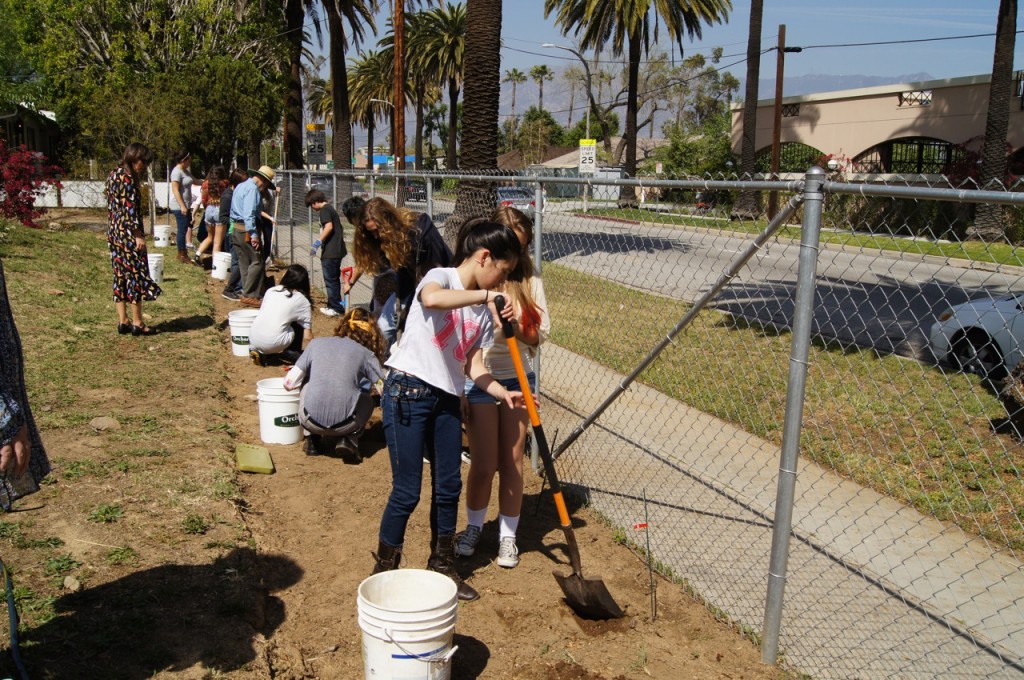
“The farm exemplifies our interdisciplinary and experiential approach to learning. Our students engage in scientific observation and experimentation, create works of art, write poems, and plant the foods of other cultures at the farm,” said Waverly Head of School, Heidi Johnson. “In addition, they have opportunities to taste freshly picked produce and play in nature.”
This project will be integrated into the curriculum for students and the planting effort is being overseen by the Waverly parent and Organic Farm coordinator Barbara Ayers. At a recent fundraiser sponsored by Whole Foods Market’s Arroyo location, monies were raised for a cider press which will be used for apple harvesting. The apples are coming from a grower in Riverside County, Kevin Hauser of Kuffel Creek Nursery.
The Waverly Organic Farm apple hedge is going to be made up of about half Fujis, and then a mix of more unusual varieties: “Sierra Beauty,” “Stump,” and “Molly’s Delicious” in addition to a selection of crab apples (“Etter Crab,” “Wickson Crab,” and more) to add tang to the school’s apple cider.
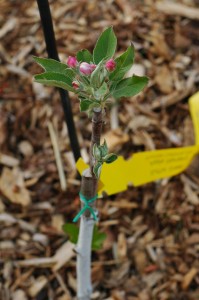
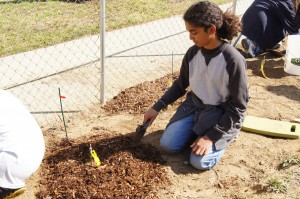
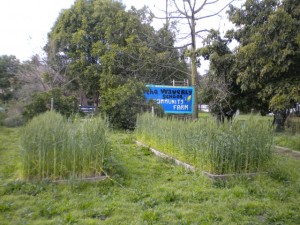
The Waverly Farm is an outdoor classroom for teachers to take their classes for writing, observations of wildlife and to conduct science experiments. The Farm allows for curriculum related projects, such as:
In the existing brown space children and their adult companions can run, climb, dig, poke, closely observe and actively explore a variety of existing environments. They can dream up different imaginative games in this space. The essence of the space is that it is complex, protected, unformed and natural which is valuable in and of itself, and raises multiple possibilities, each worthy of pursuit. – Source: The Waverly School News Release
For more information, visit, The Waverly School